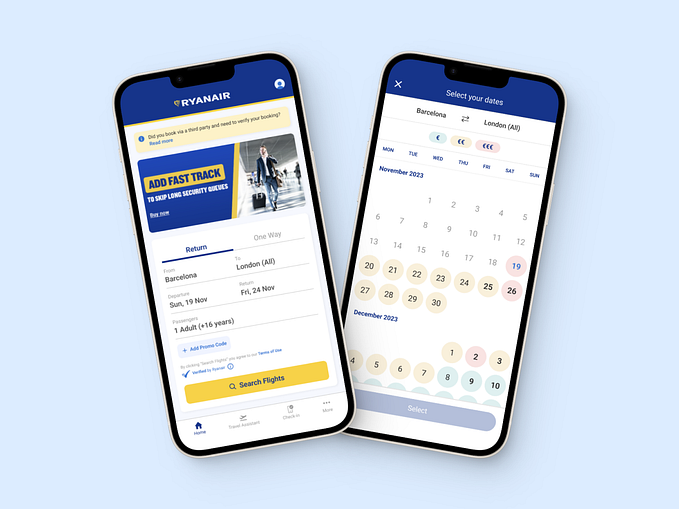The Three Questions Facebook Uses To Guide Their Product Development
Julie Zhuo, the VP of Product Design at Facebook, describes in this talk she gave at Stanford the simple framework Facebook has developed to guide their product thinking. After examining their product successes and failures they have distilled their process down to three questions:

Question 1 — What people problem are we trying to solve?
A good problem statement contains the following elements:
- Human, simple and straightforward — avoids any technical or company jargon
- Solutions agnostic
- Not about the company winning
- Gets at the why
- Functional, emotional or social
Facebook example — “I want to talk about an interest with other people who are also interested, but I don’t know where to find these people”
Question 2— How do we know this is a real problem?
What evidence is there — qualitative and quantitative — that this is a problem worth solving? Knowing how big a problem is helps to prioritize your product efforts.
Facebook example — Over 1/3 of new group memberships came from a simple “Groups you should join” card in the newsfeed. Anecdotal stories from school reunions of classmates not being aware of groups for organizing events and activities. This led the team to believe that this was a real problem around group discovery and eventually led to them building a solution to address this.
Question 3— How will we know if we’ve solved this problem?
Set measurable goals, metrics, and milestones before launching anything to users. This is to reduce bias in evaluating the results and impact of your product.
Facebook example — The Group Discover team set goals around helping users find new groups (more users joining groups) but were also interested in making sure users were joining the right groups. To measure this they tracked the user’s activity in the group over a period of a few months.








